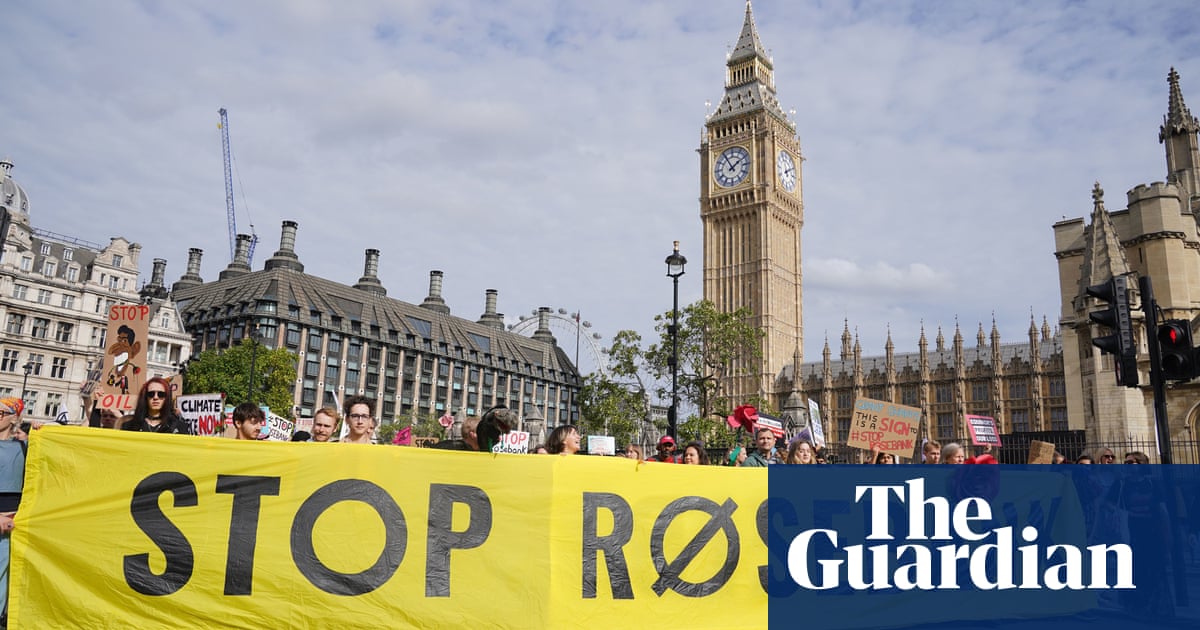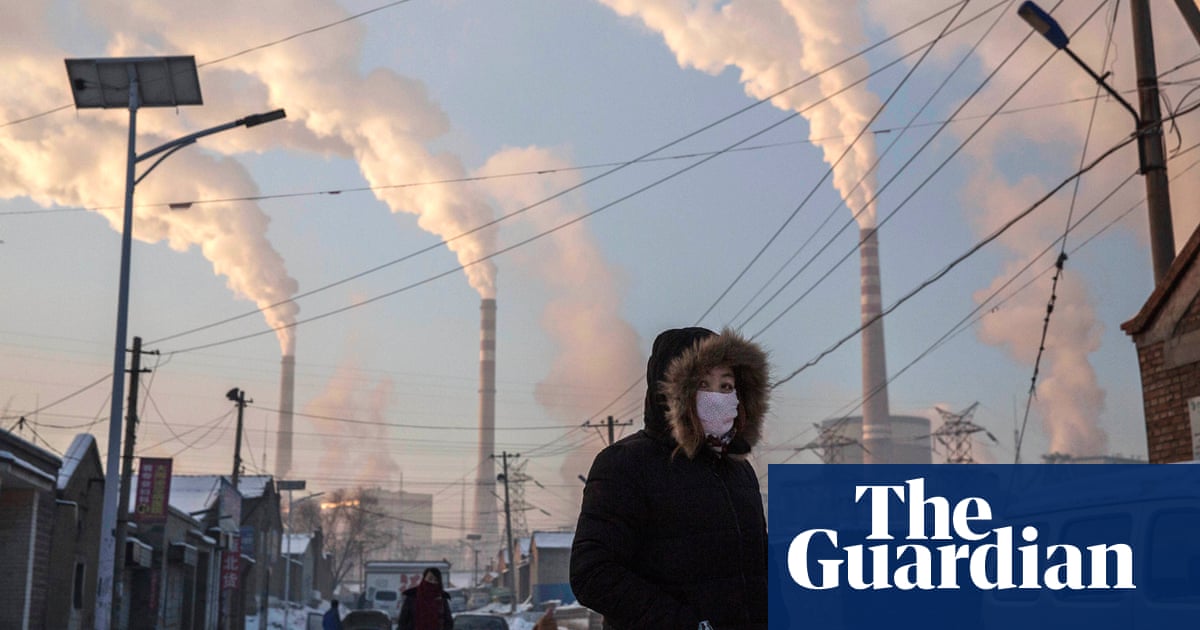
The UK government is moving too slowly to tackle the climate emergency, leading scientists have said in the wake of the latest IPCC report.
This comes after Jacob Rees-Mogg, the Brexit minister, declared that he supported “exploiting every last cubic inch of gas from the North Sea” the day the report was released.
While the report warned that global emissions must peak by 2025 to stave off the worst impacts of the climate crisis, which would require decisive and immediate action from all countries, scientists say they are concerned the UK government is dragging its feet.
Dr Jem Woods, Interim Director of Centre for Environmental Policy at Imperial College, said: “There is minimal to zero alignment between the UK’s net zero strategy and policies and crucial legislation that affect long-run infrastructure and investment.
“In particular, the Local Plan 2030, which has been encouraging new housebuilding, has made no consideration of the implications for climate. We can also see similar issues with the Environment Act.
“New houses built over the next 10 years will lock-in infrastructural investments for decades to come with substantial implications for retrofitting as per Ajay’s [Gambhir] point about not being offered heat pumps rather than gas boilers.”
On Monday Rees-Mogg told LBC radio: “We need to be thinking about exploiting every last cubic inch of gas from the North Sea. We are not going for net zero tomorrow – 2050 is a long way off.”
In response to Rees-Mogg’s comments, Ajay Gambhir, a senior research fellow at the Imperial College London Grantham Institute for Climate Change and the Environment, warned: “It’s 1,013 days since the UK government legislated for net zero … we’re not seeing translation of this into on-the-ground measures fast enough.”
He added that the government’s actions are unlikely to meet its own carbon reduction targets, let alone those set by the IPCC.
“Utility companies are still contacting me about replacing my gas boiler with a new gas boiler – no mention of heat pumps. Will this approach allow 600,000 new installations per year by 2028, as hoped by the government?
“Grants to electric cars, £4,500 a few years ago, are now £1,500 and now only for those below £32k, with grants to home chargers about to be cut as well.
“The government’s net zero strategy of autumn 2021 has several good ideas to develop renewables, hydrogen, carbon capture, low-carbon heating, transport and industrial manufacturing.
“But there’s basically nothing on behaviour changes, eg around diets and aviation. And full implementation of policies by 2024 (as recommended by the Climate Change Committee) seems questionable.”
Campaigners said cabinet ministers did not seem to be taking the IPCC report seriously.
Philip Evans, oil and gas transition campaigner for Greenpeace UK, said: “As the UN describes further investment in fossil fuels as political and economic madness, the Brexit minister wants to double down.
“This is intensely foolish as it takes on average 28 years to bring new oil and gas fields online. And even then, the oil and gas extracted doesn’t stay in the UK, it mostly gets sold off on international markets to the highest bidder, doing nothing for household bills in the UK.
“Right now oil and gas companies are raking in profits from wartime price spikes, yet the government refuses to bring in a windfall tax that could help ease the cost-of-living crisis for the most vulnerable.”
Gambhir added: “It seems strange to be supporting industries whose outputs are increasingly uncompetitive with new green energy sources like solar and wind.
“North Sea oil and gas assets are owned by private, international companies that sell on global and regional markets, to maximise their profits.
“Oil and gas majors have benefited from huge tax relief in recent years, amounting to almost £14bn across new exploration, production and decommissioning, as the North Sea becomes a higher cost, dwindling, uncompetitive source of these fuels.”
Ministers have also been split on the issue of windfarms. Kwasi Kwarteng, the business secretary, and Michael Gove, the levelling up secretary, are in favour, but others including Grant Shapps, the transport secretary, have branded onshore turbines “an eyesore”.
The report, stark as it is, was watered down after an intervention by Saudi Arabia, according to Climate Home.
After input by the major oil producer, sources told the website that references to carbon capture technology were added. These methods remain unproven at commercial scale but could give a reprieve to the fossil fuel industry.
Compared to earlier drafts, references to shifting away from coal, oil and gas were qualified with the word “unabated” and “fossil fuels with carbon capture and storage” was identified as a way to cut emissions in line with global climate goals.












